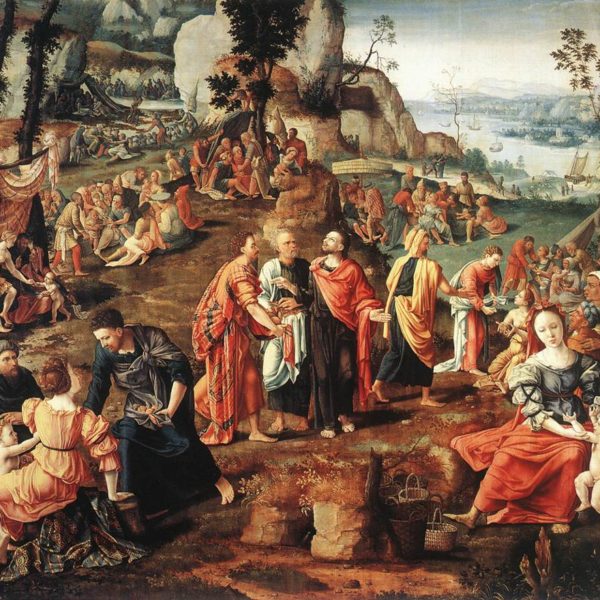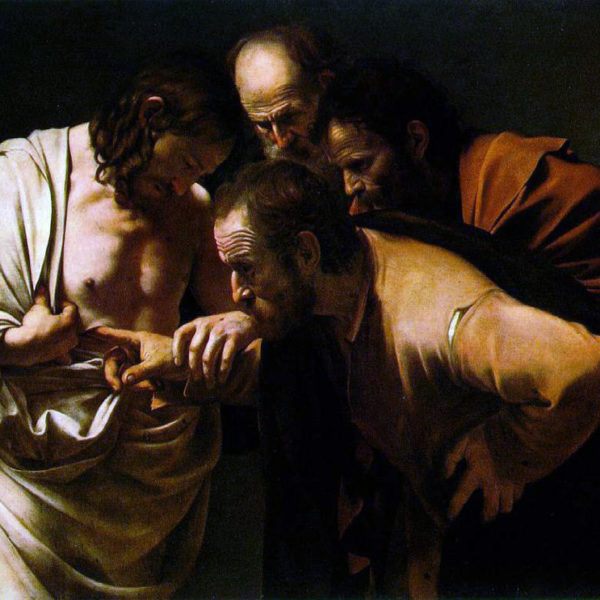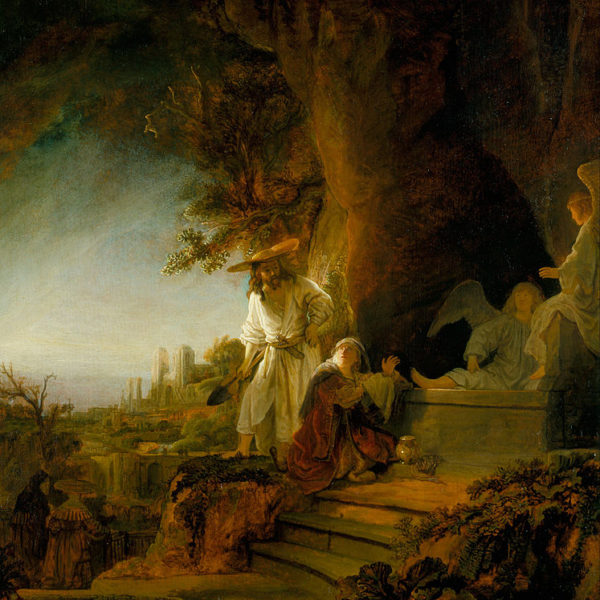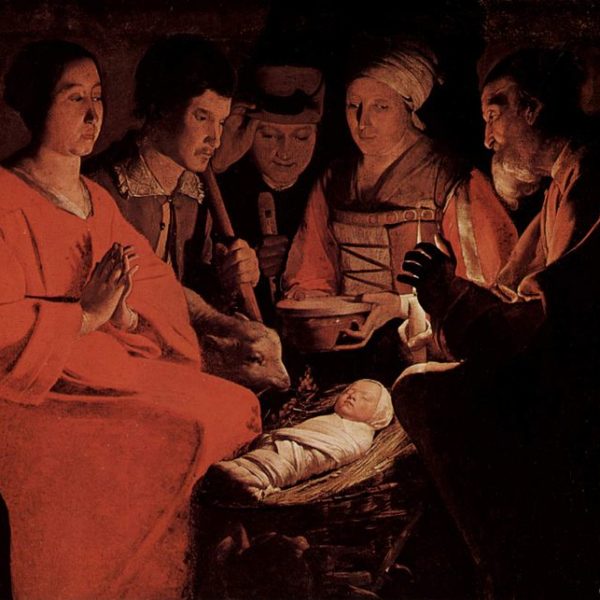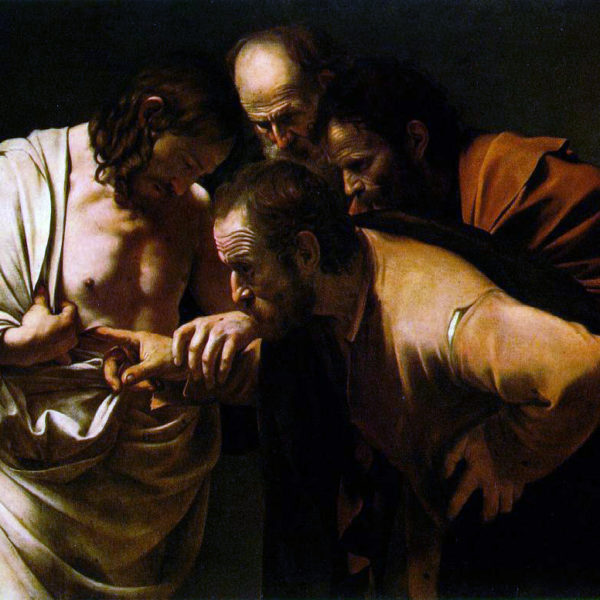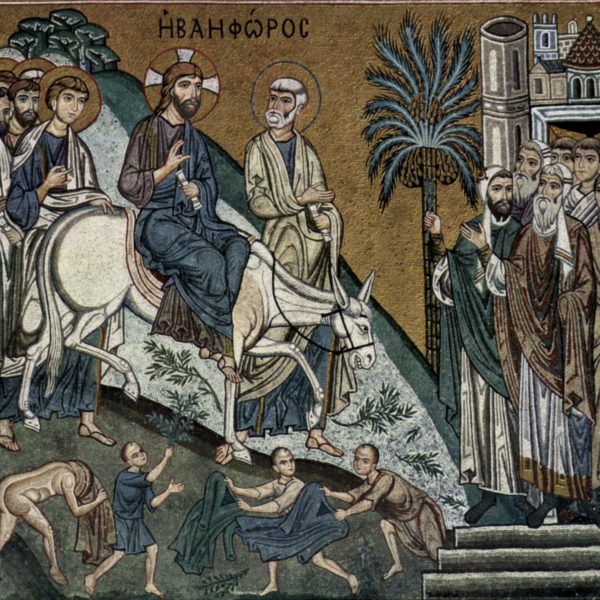
The term ‘cosmos’ is used in a number of different senses in Jesus’ prayer in John 17. Within the fluidity of Jesus’ employment of this term we find a multi-faceted characterization of the world that can inform our politics.
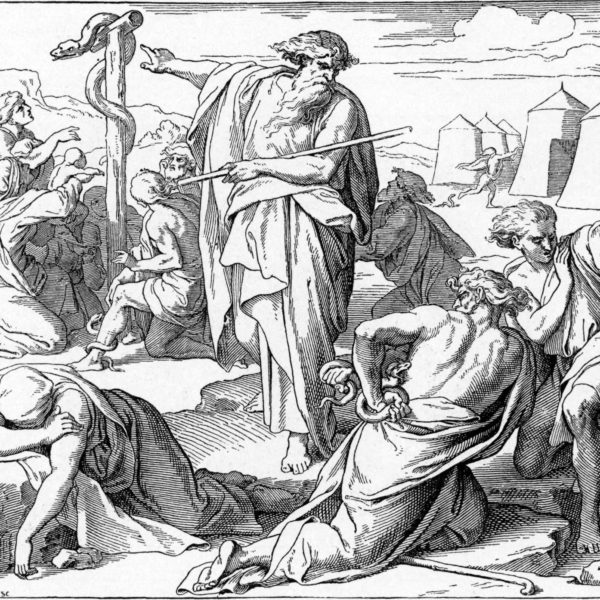
Although it is typically read as a passage about individual salvation and enjoyment of the life hereafter, read more closely, John 3:14-21 profoundly demonstrates that the elevation of Jesus on the cross confronts us with our own rejection of God’s gracious provision, our stubborn refusal to accept God’s way, and the radical, communal reckoning that leads to the fullness of life.
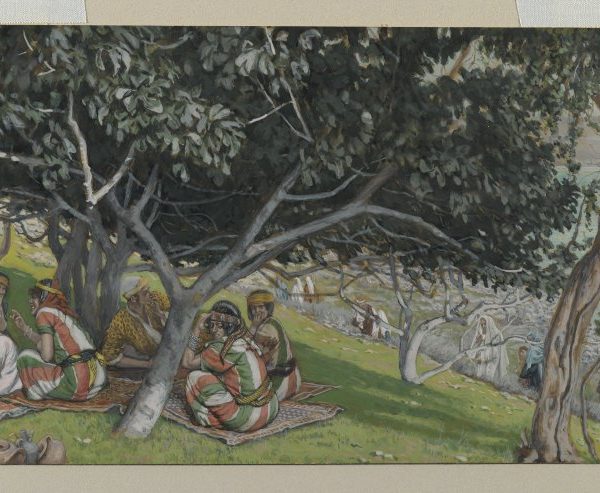
Jesus’ calling of Nathanael in John 1 illustrates the way in which God’s vision of us precedes our own. The primacy of God’s vision has implications for our politics and economics, unsettling our assumption that the world is measured and determined by our sight and valuation.
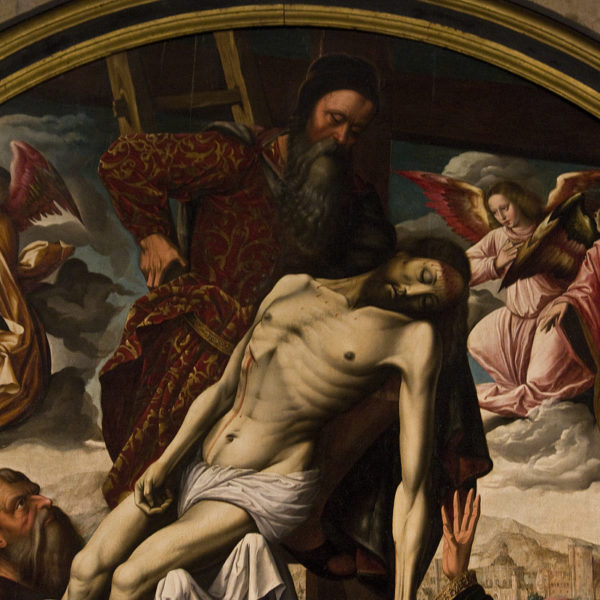
In most reflections about Good Friday and the events surrounding the Passion, the focus is squarely on Jesus, and to be sure, one can hardly deny that this is where it should be. However, it is interesting to note the extent to which the Gospel authors are quite interested in what these events reveal about the disciples that had followed Jesus up to this climactic point in his ministry—not just the Twelve, of course, but all those who had heard his word and believed in him.

The encounter of Mary Magdalene with the risen Christ provides us with a model for understanding political theology. The elusive presence of the resurrected one and the emptiness of his tomb forbid all our attempts to secure his presence in our praxis and open up new ways of perceiving our social task.
